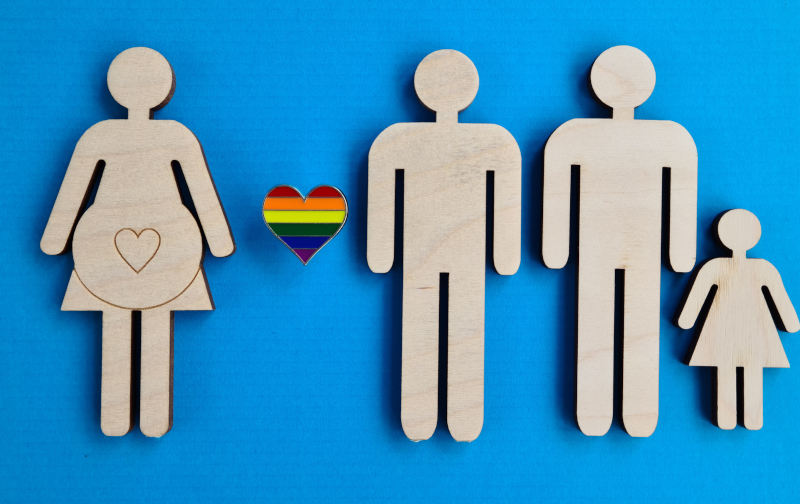Is opposition to abortion and homosexuality really a religious view?
October 22, 2022
Recent events surrounding the on-and-off again CEO of the Essendon Football Club have highlighted the question of what rights should be accorded to religious beliefs.
Religious leaders have expressed concern that the rejection of the views of the City on the Hill group condemning abortion and homosexual acts constitutes a threat to the freedom to express religious views a freedom that should be central to a liberal and pluralist society.
But in what sense are views that condemn abortion and homosexual acts religious views?
Religious people believe that there is more to life than the material and historical world in which we live. But the paradigmatic example of a religious view would be the belief that God exists. This leads to a variety of further beliefs which influence how people live their lives. For example, there may be a belief that whatever happens is ordained or willed by God and therefore serves some purpose.
There may also be beliefs about what happens to us after we die, with God playing a central role in our eternal destiny.
Views that condemn abortion and homosexual acts do not obviously fit into this paradigm.
So are views about abortion and homosexual acts moral beliefs?
A moral view is one that relates to what it is right or wrong to do. Let us take as a paradigmatic example of a moral view the belief that it is wrong to kill another person without good reason. This is a view that is held in pretty much every society in the world.
And the reason for this is pretty obvious. If this norm were not taken seriously in a society, there would be chaos and fear to the extent that civilised existence would be impossible. In short, there is a rational basis for this norm. The prohibition against stealing and many other moral views have a similar rational basis.
Indeed, it could be argued that only those norms that admit of a rational basis should properly be called moral norms.
Historically, however, it was thought that a rational basis for a moral norm or belief would not be strong enough to ensure widespread adherence to such norms. It was felt that ordinary people would be more inclined to follow such norms if they were tied to their religious beliefs especially those that concerned our eternal reward after death.
And so the ten commandments, for example, teaches that murder is a sin. This provides a powerful psychological reinforcement for the norm, but it is not its basis. Murder is not wrong because God said so. It is wrong because a functional society requires that people not kill each other arbitrarily. Accordingly, that murder is wrong or immoral is not a religious view. It is a rational moral view.
But another thing that happened when religion was used to reinforce moral norms was that the scope of normative beliefs widened to include actions that were deemed distasteful, unwise, or contrary to prevailing attitudes. Dietary rules were introduced, for example. While it might be unwise or distasteful to eat certain meats in a society where sanitary conditions were not up to modern standards, such deviations hardly lead to the breakdown of society.
But once the norm becomes a custom, deviations might lead to disapproval by others or even exclusion from ones community. In this way adherence to such norms creates the sense of identity and belonging of members of the community. This gives them weight. But it does not make them rationally based moral norms.
To the extent that a person identifies as religious they will also espouse the norms that that religion espouses. Some of these norms will be rational and some will not be. Regular attendance at church, for example, will be a strongly held norm for many, but it is not rational. No bad consequences will follow from not following it, except to ones own sense of religious identity and belonging.
I would argue that being opposed to abortion or homosexual activity is an expression of identity in just this way. It is arguable that they are preferences that have no rational basis.
But they are views that will be felt as central to ones religious identity. It is only in this sense that they could be called religious views. They are convictions held by some religious believers which carry the weight of morality without having its rational basis. The pejorative way of putting this is to say that they are prejudices and involve bigotry. The positive way of putting it is to say that they are private convictions which people have the right to express in a considered manner. But the key point is that they are not moral views and should not be imposed on a modern liberal and pluralist society such as ours.
